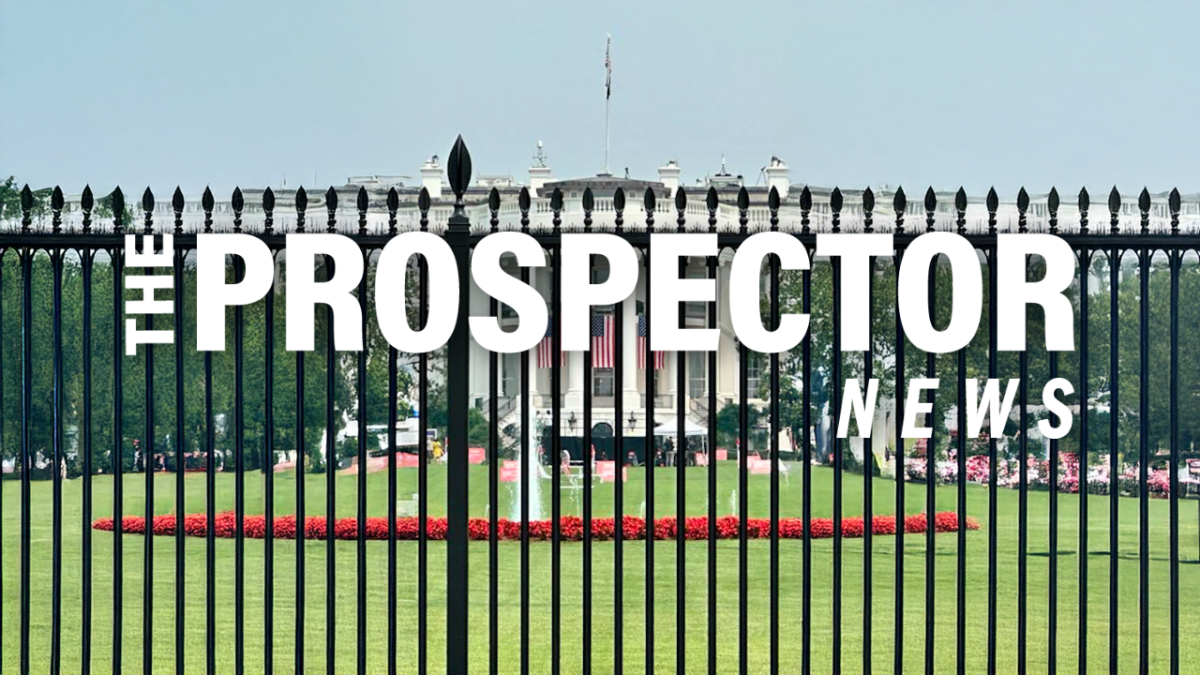According to a 2013 survey done by the Center for Professional Excellence at York College of Pennsylvania, 61 percent of human resource managers said tattoos would hurt a job applicant’s chances. There are exceptions in tattoo-friendly companies such as Kohl’s, Petco and Home Depot.
The study shows that 45 million people in the U.S. currently have tattoos, and 30 percent are
college graduates.
Betsy Castro, interim director at the University Career Center, encourages students to understand their field and the type of work they are going into when dealing with tattoos
and the workplace.
“If they’re going into a conservative work environment, I always encourage students to cover them up, because you don’t know how that representative from that organization is going to react,” Castro said.
With no laws that require or ban companies from hiring people with tattoos, most job applicants and employees know that when it comes to the work place, body art just needs to be covered. Although there are a few companies that have a tattoo-friendly policy, there are still generation gaps within the work place.
Alyssa Mijares, a tattoo artist and UTEP alumni, doesn’t understand why tattoos are still frowned upon within the work place.
“It’s not logical. It’s just what some people associate it with and where it came from, which is prison tattoos,” she said. “I think it’s evolved enough to be looked as a professional business to a certain extent, but for those who are ignorant, don’t understand the dynamics of the industry, so they could not relate to it.”
According to an article from Daily Finance, there are approximately 15,000 tattoo parlors in the U.S. and the tattoo industry earns approximately $2.3 billion annually. Tattoo culture is now far more accepted than when they used homemade tattoo machines to ink other prison inmates.
“I think it comes down to presentation. If you don’t present yourself the right way, it doesn’t matter if you have tattoos or not,” Saul Soto, developmental math professor said. “I’ve had plenty of jobs, even in the teaching field, where I had to cover them, and that’s part of the responsibility you have if you’re a professional.”
Soto has tattoo sleeves on both his arms and encourages students to follow the dress code at their current jobs if they have tattoos.
“I haven’t covered my tattoos here on campus, but I have worked at other schools and business firms, where the dress code requires for me to cover them up,” Soto said.
Although the number of people who have tattoos is growing rapidly and the tattoo industry is currently booming. There are not many companies that are on the bandwagon of tattoo acceptance. Most require their employees to cover up visible piercings, hair color or any other body modifications that may be distracting to coworkers and
potential customers.
Candi Hall, sophomore art major, said that students have to be very careful about what part of the body they are getting inked as it will often times need to be covered
for the workplace.
“(Getting a tattoo) is a huge decision. You have to decide: Do I care if it shows? Am I going to be comfortable with keeping it covered in the work place?” Hall said. “You have to be able to carry on and know that just as long as you feel like you’re yourself and not being denied any personal rights, then go for it, I know I will.”
Matthew Euzarraga may be reached at [email protected].









